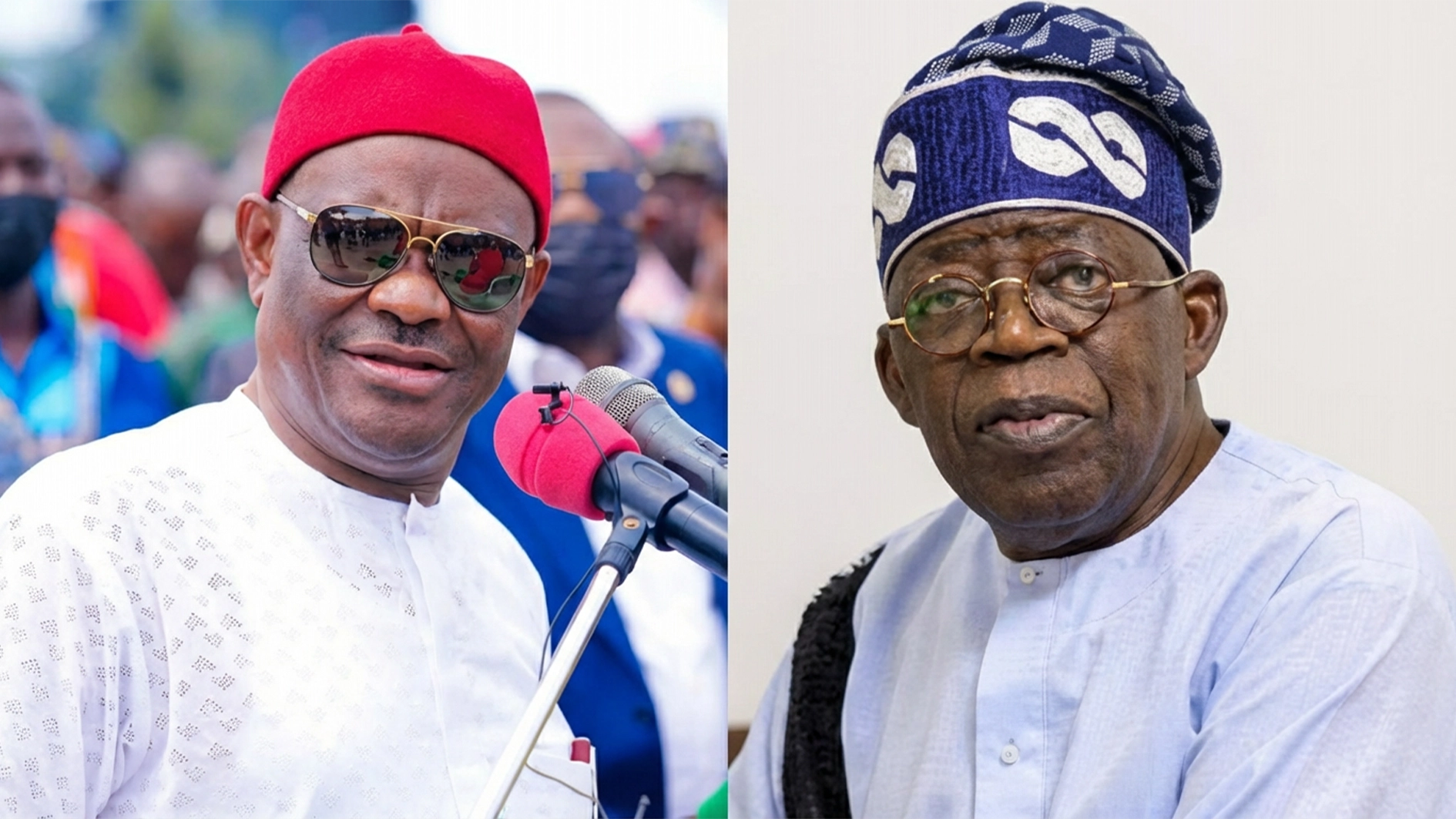 I have just finished reading General Ibrahim Badamasi Babangida’s 420-page autobiography, A Journey in Service, a bold, lucid, thought-provoking, detailed and well-written personal experience. The book is an important addition to the library of institutional memory on our nation.
I have just finished reading General Ibrahim Badamasi Babangida’s 420-page autobiography, A Journey in Service, a bold, lucid, thought-provoking, detailed and well-written personal experience. The book is an important addition to the library of institutional memory on our nation.
The book walks you beautifully through a chronology of the old General’s life, while occasionally moving you back and forth in time to illustrate the points being made. Most engaging for me is the graphical introduction of the beginning years, which provides the context for the IBB life story.
However, beyond the open face of the narrative is the subtext of the book which effectively yields the thematic preoccupation of the embattled military president. It also navigates the reader through an atlas of the mind of the character called Ibrahim Badamasi Babangida.
Beknownst through the subtext, the thematic ambition of the book is the struggle for freedom from anguish and torment, by a lonely man who is consistently flayed by Karma and its children. Contrary to the coy and decoy thrown by IBB, in his own prologue to the book; that his story seeks not to address the controversial issues of his stewardship in government, the book’s central mission is, for the umpteenth time, to rationalise his tenure and decisions, seek and get redemption and join the league of former men of power, living in peace among the jaded and disillusioned Nigerians.
An excursion into the narratology of the book lends credence to the precepts of the Russian Marxist literary criticism, which explains the relationship between Form and Content of literature as both interdependent. It was both Leon Trotsky and Michael Bakhtin that settled the matter; that every form is a form of content just as every content is a content of its form. In effect, this means that once a text gains life by reason of its production and consumption, the politics of its meaning goes beyond the intention and craft of the author or producer.
The text, Trotsky argued, due to the interrelations among its internal and external constituents, becomes self-determinate. It provides its own meaning or a set of meaning, all of which have relevance with the realities of times or context. In simple terms, a book, once produced, is not under conscription to obey the set of meaning imposed on it by the author. Rather, as corroborated by that German poet, playwright and theatre practitioner, Bertolt Brecht, every text has a minimum of three sets of meaning: what the author is saying, what the text is saying and what the reader/ consumer is saying.
Babangida’s book faithfully obeys this world view. The book depicts a man in chains and pains, a soul in regret and severely taunted by Mephistopheles. A structuralist and stylistic study of the 420 pages reduce the entire meaning and purpose of the book only to, perhaps, the contents of chapter 12.
All said, the book is simply about the June 12, 1993 presidential elections, its drama and a quest for restitution. The topic sentences of the chapter and indeed the whole book is as escapist as its author, ‘I did not annul June 12, it wasn’t me that aborted it, walahi, it was Sani Abacha and my deputy Aikhomu’. I am merely taking responsibility as the overall leader of the brotherhood of arms in charge of the country.’
This is a recolouring of the old Babangida way and tale of that ghastly event that wasted the life of this country, wounded hope and committed the nation’s future into gloom and doom. The tale resonates with the fortune and fate of a blind man, searching for a black thread under the bed in a darkened room.
Whereas one funny thing about history is its disdain for drama, it is ironic that the strange thing about Nigerians is their love for drama. But in spite of all, drama loves history, for it is history that provides drama with the events it depicts and uses to prick our conscience to action. But how come Nigerians love drama without loving history? How come Nigerians pay least mind to events and meaning and yet pray for a worthwhile future with meaningful heights? Perhaps this is a subject of research into how egregious we are.
It was the drama of history that moved England, Ireland and Scotland to execute by decapitation, its king, Charles I of England (1600 – 1649) and the Romans to execute by assassination, its dictator, Julius Ceaser (100BC – 44BC).
It was also the lessons of history that led the Romanians and the French to end the vagaries of their remorseless leaders, Nicolae Ceaușescu (1918–1989) executed by firing squad and King Louis XVI (1600-1793), executed by guillotine on January 21, 1793. At home here, it was the loud bugle of experience that led to the destruction of the almighty and imperial Alaafin AoleArogangan (1550 – 1570) and Basorun Ga’a in the old Oyo empire of the Yoruba race.
So, how come the coterie of Nigeria’s men of power, whose names bear the anguish and curses of Nigerians, had the bravado to gather themselves in one room to celebrate a man whose life and times tormented the spirit of Nigeria? How come the mass of Nigerians, slayed over a period of 50 years by the searing sickles of the gentlemen in the room, glued themselves to TV and watched the strange drama of obscene profligacy rammed into their guts with drama and arrogance? How come Nigerians only like to make a noise of a storm in a teacup after the deed is done?
To be continued tomorrow.
Adebayo, immediate past Chairman, Ondo State Radiovision Corporation, wrote from Manitoba, Canada.






